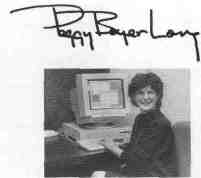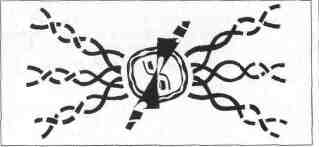EDITOR'S NOTEBOOK
The pace of science challenges In 1989, Rudy Linares held a gun on hospital medics as he disconnected his brain-damaged son from a respirator. The distraught father went to his son after getting a message from the hospital on his answering machine. Illinois law, the staff had concluded, prevented them from pulling the plug. So Rudy Linares decided to take matters into his own hands. "That was the Three Mile Island of medical ethics, and it happened in Illinois," says Steven H. Miles, now an internal medicine specialist and ethicist at the University of Minnesota's Center for Bioethics. Miles, who was working in Illinois 10 years ago, says the notorious case left him with a negative impression of this state's policy-makers. There are signs Illinois officials since then have become engaged in ethical questions concerning health care. After Rudy Linares felt compelled to force the issue on his son's treatment, attorneys and ethicists formed a commission to examine end-of-life care. The commission, sponsored by the Cook County state's attorney, spurred a state law clarifying patients' rights by establishing a hierarchy of family members and friends who can make decisions about withdrawing treatment. This state also was among the first to pass legislation banning genetic discrimination, and it has addressed some potential abuses of managed care. David Thomasma, who heads the Medical Humanities Program at Loyola Medical Center in Maywood, says while Illinois is behind California, New York and Minnesota on addressing issues involving medical ethics, it is ahead of most other states. Even so, ethicists and Illinois policy- makers have little contact, says Thomasma, who is both a medical ethicist and a philosopher.
In short, medical ethicists and policy- makers will have their work cut out for them in the years ahead. Ethicists can shine a beacon on what needs to be done to correct or prevent problems while policy-makers decide the path we take. But first they'll need to talk. We hope to play some small part in promoting that discussion. And that's the purpose behind a three-part series we're launching this month. Writer Howard Wolinsky opens the series on page 14 with an essay on the as-yet- limited role of bioethicists in setting policies related to health care. Next month's essay will deal with biomedical policy issues facing The third essay, to run in June, will take a look at the ways in which money helps set the research agenda. The illustrations for the series, including this month's cover, were done for the magazine by free-lance graphic artist Kyle Quincy Ringquist of Springfield. 4 / April 1998 Illinois Issues |
||||||||||||||||


